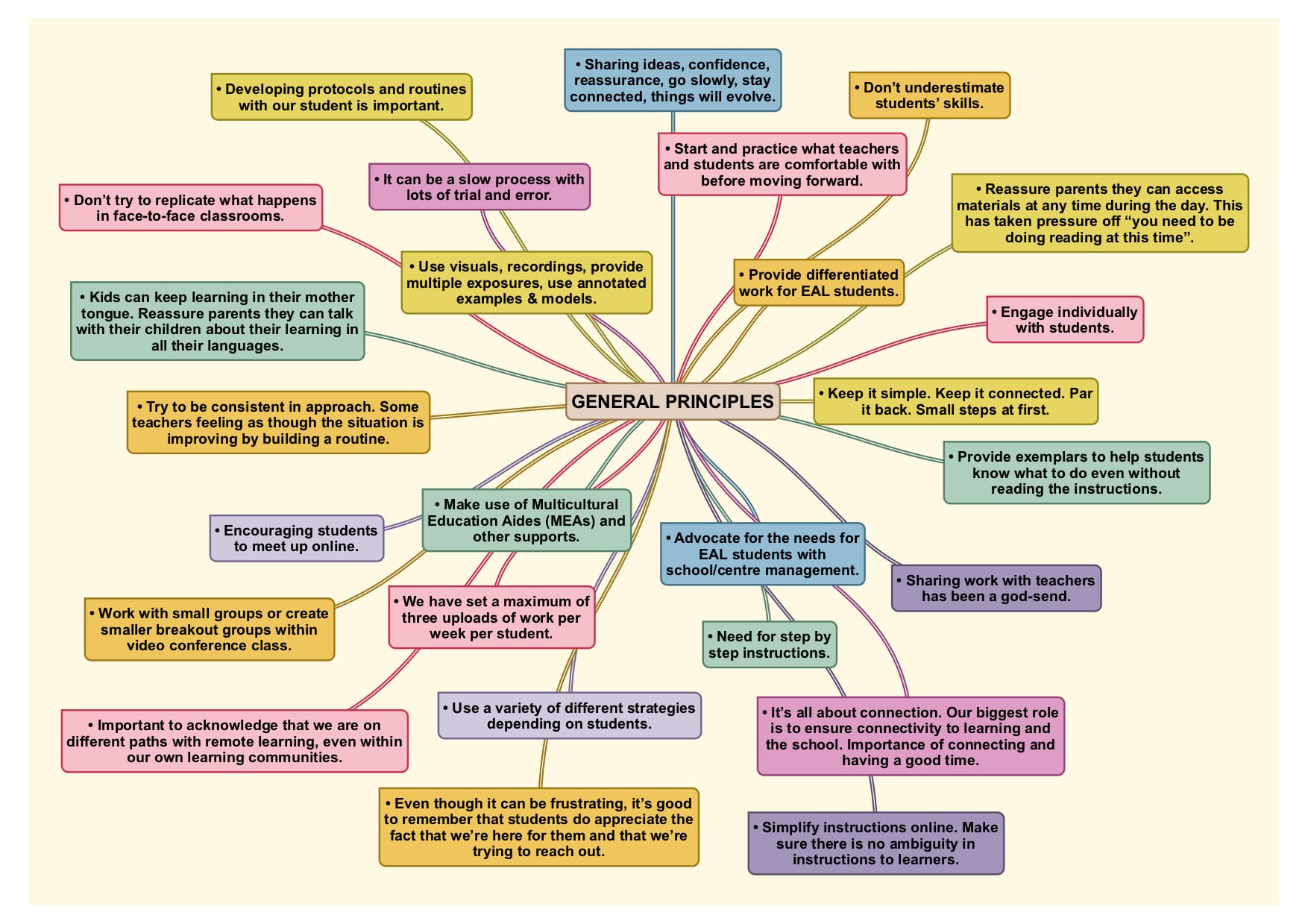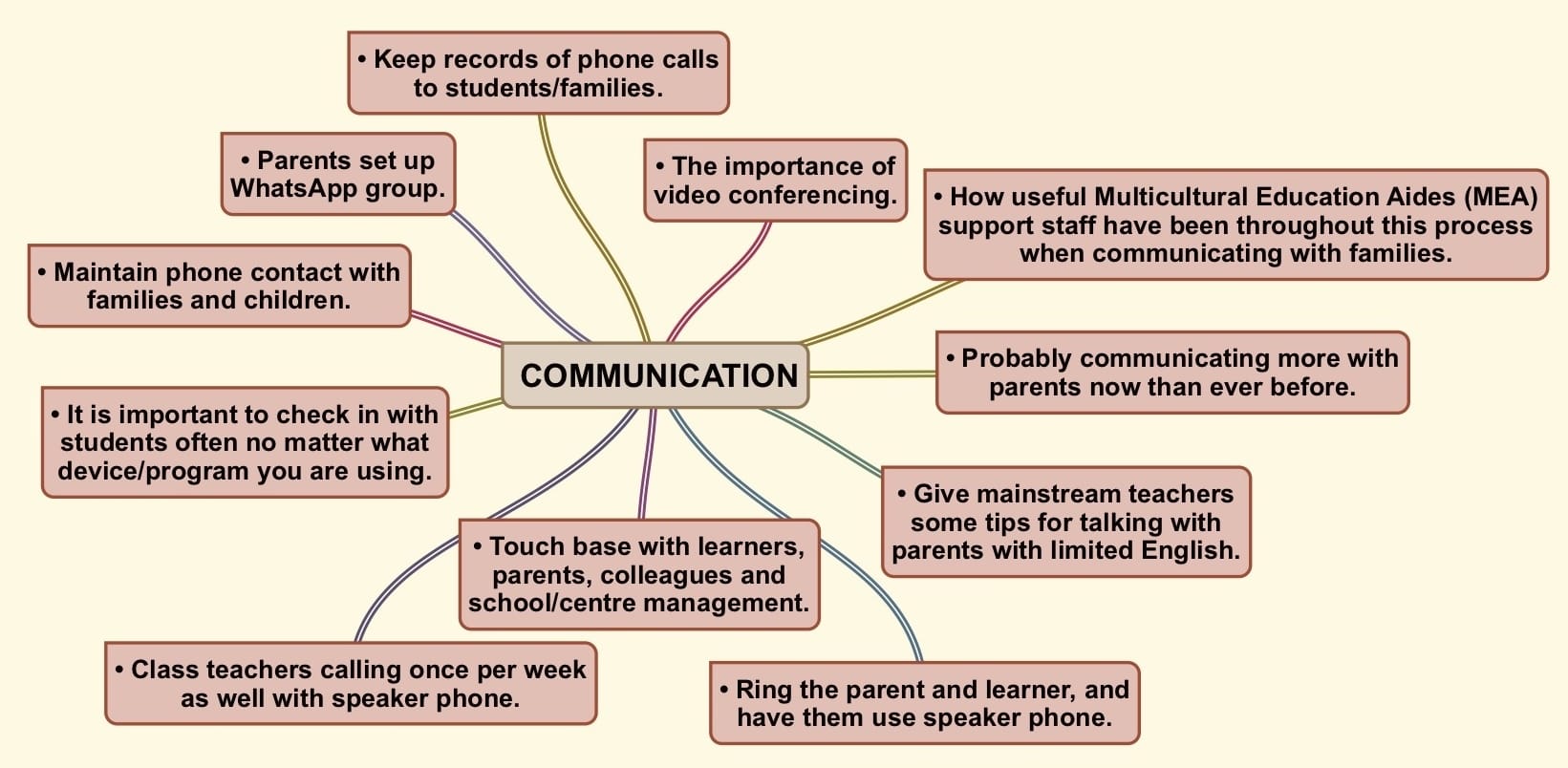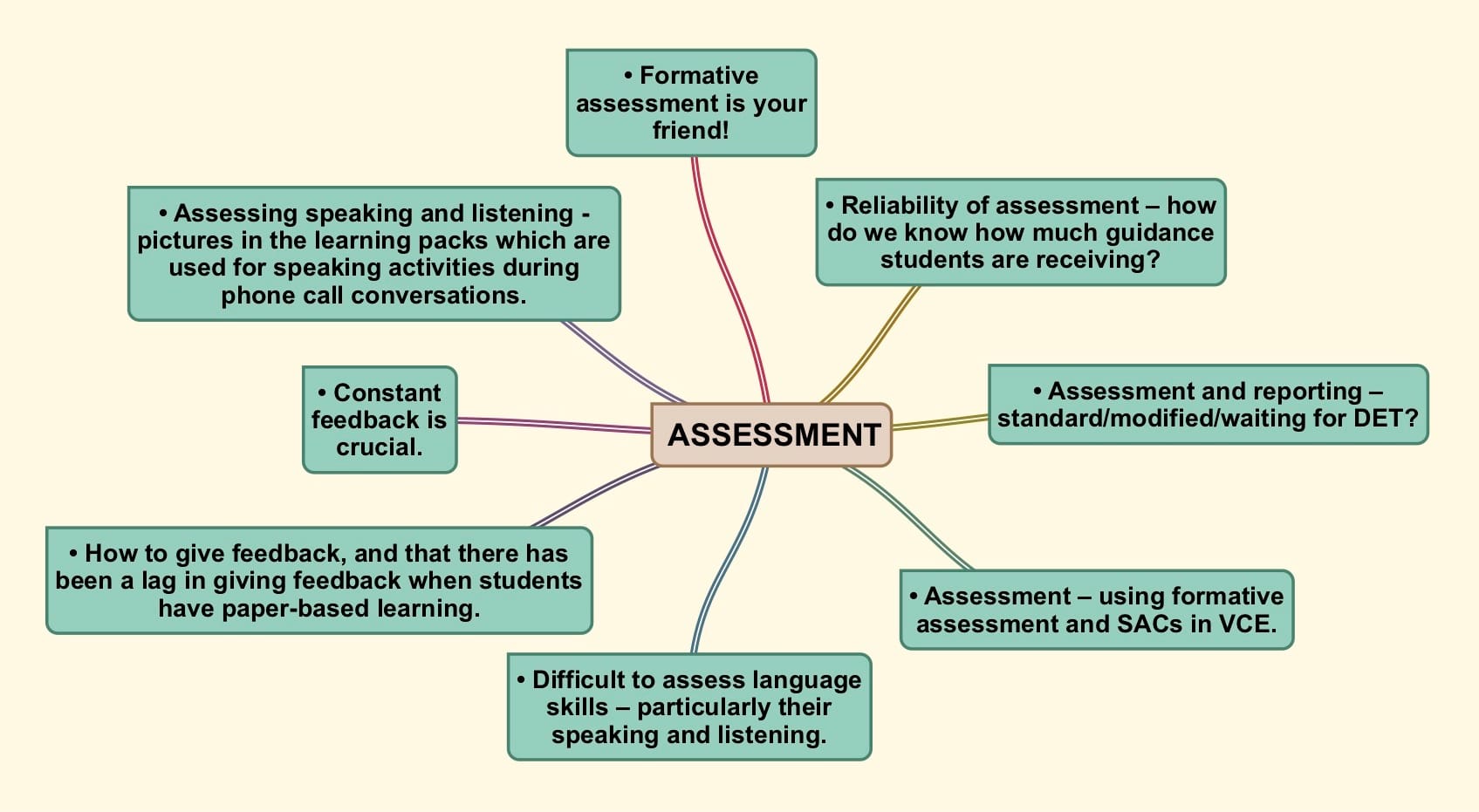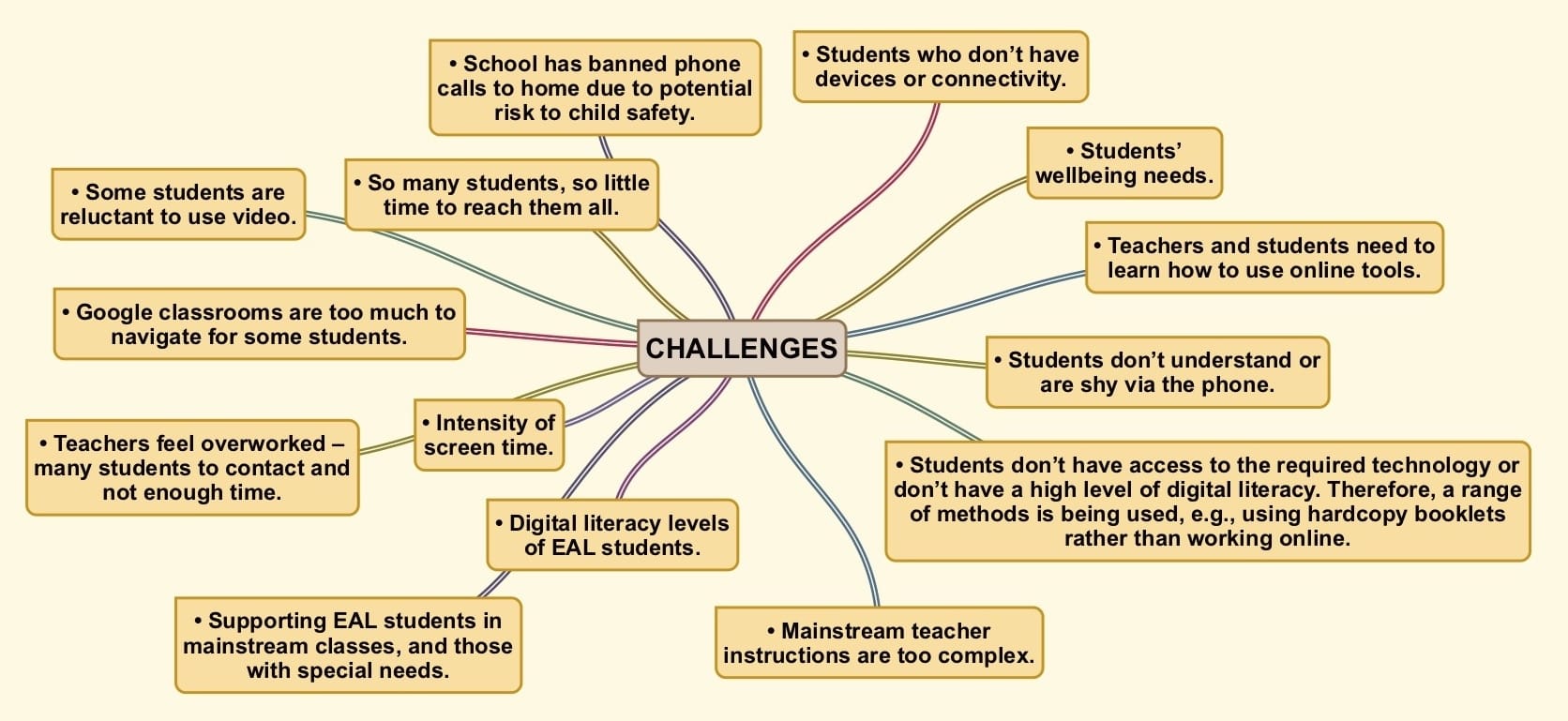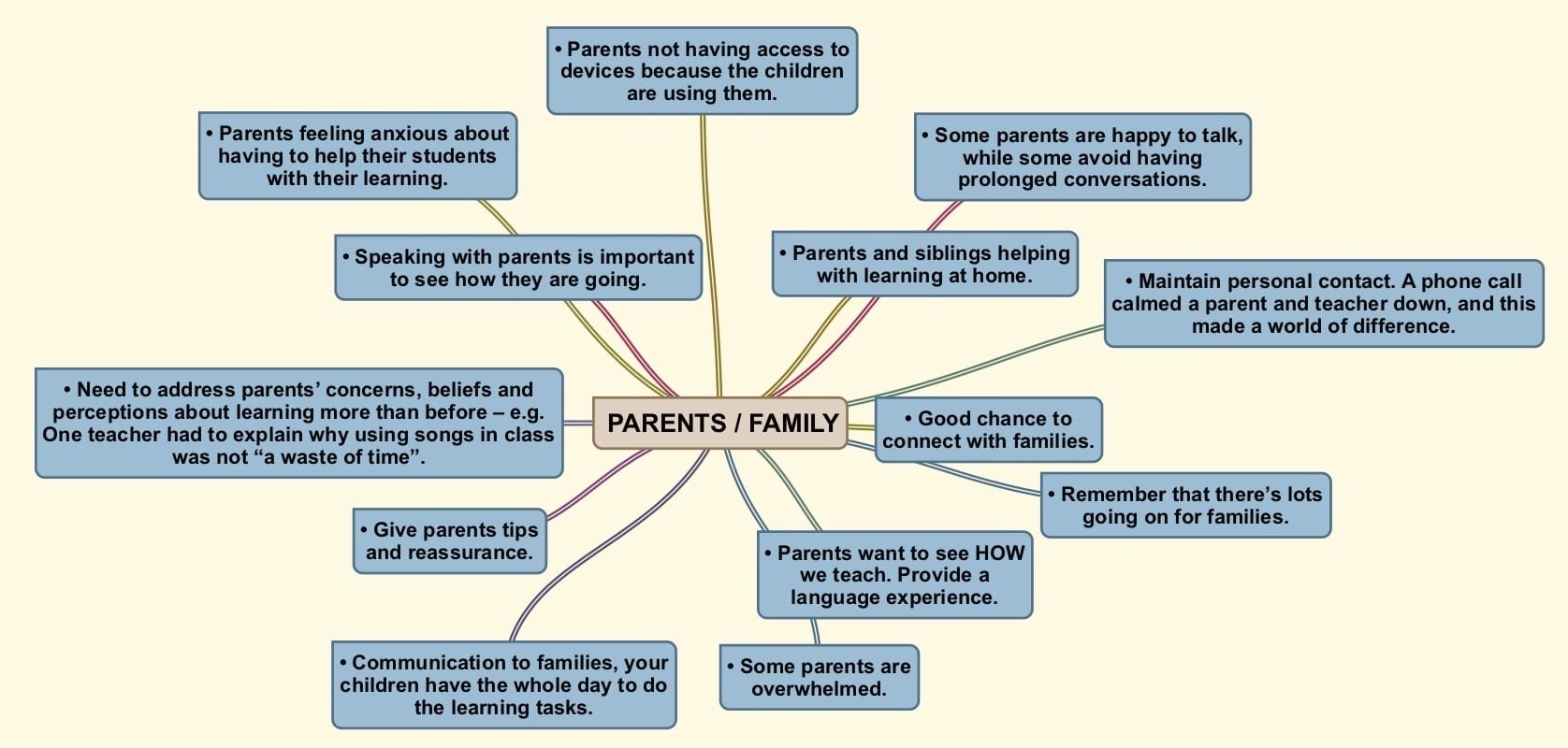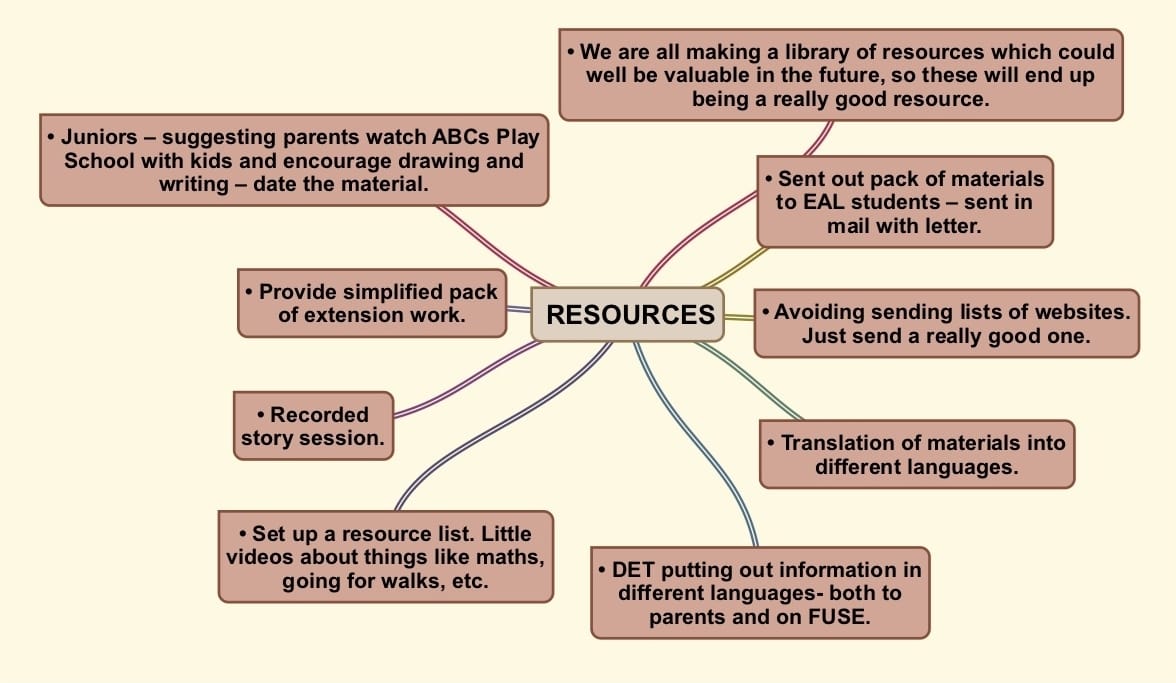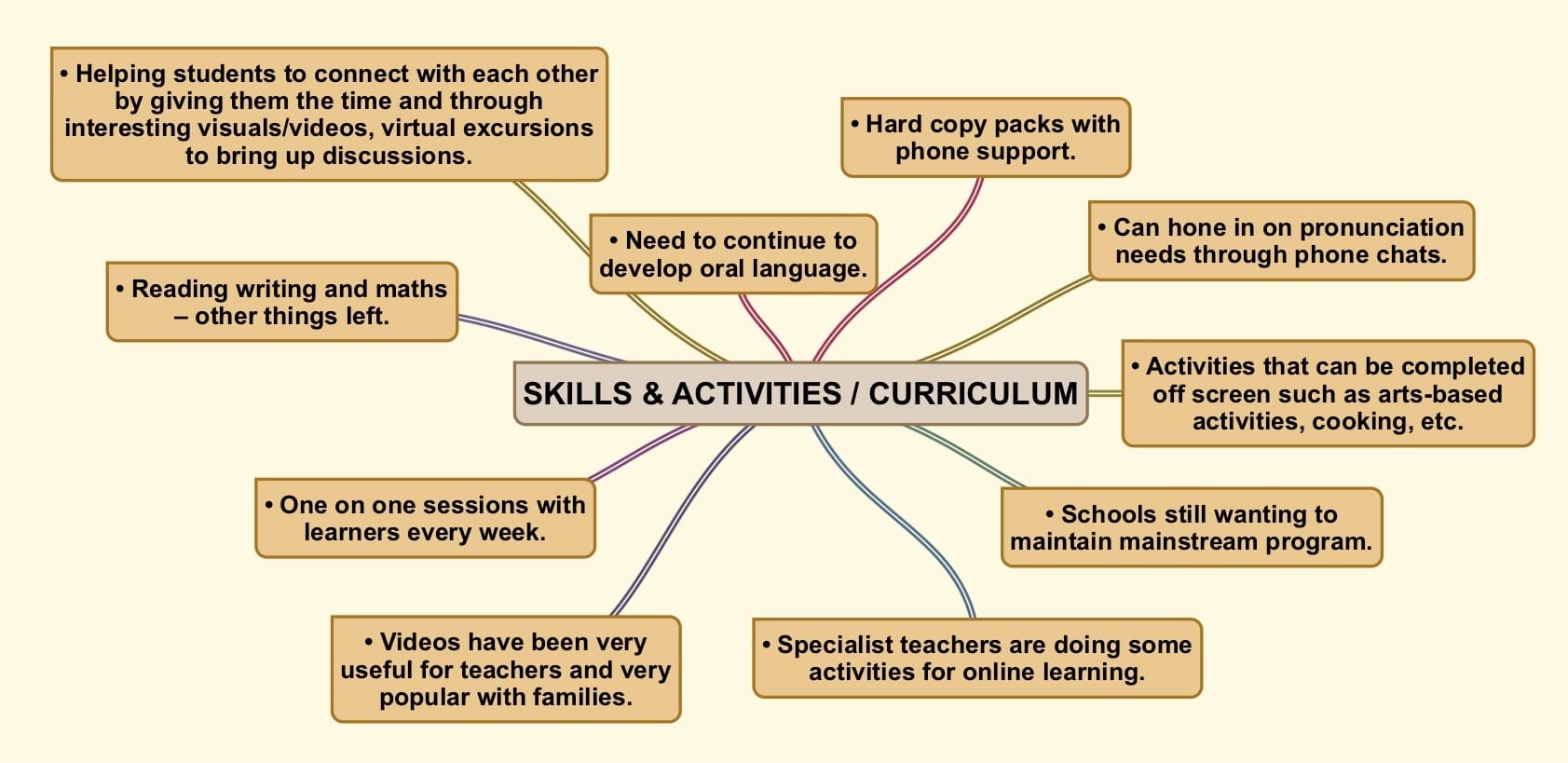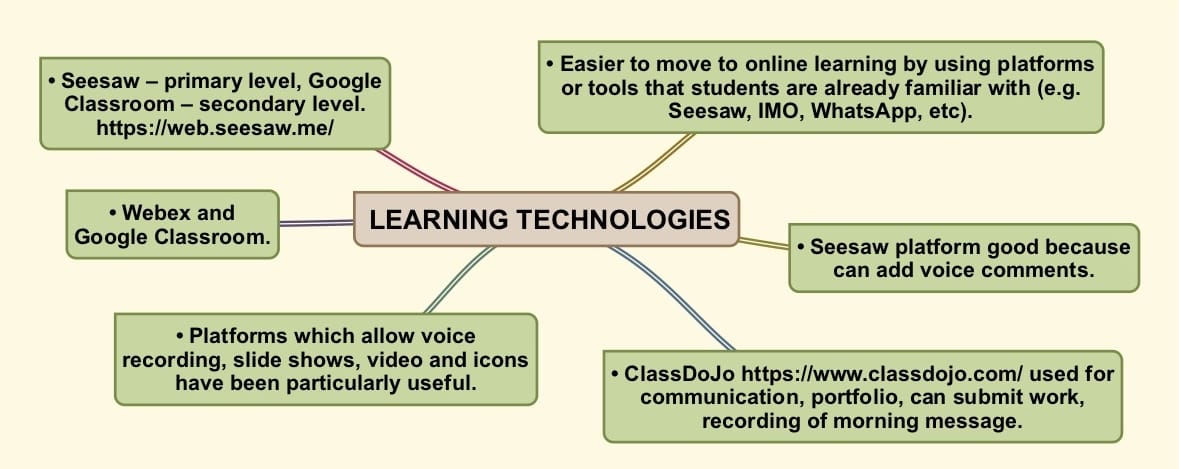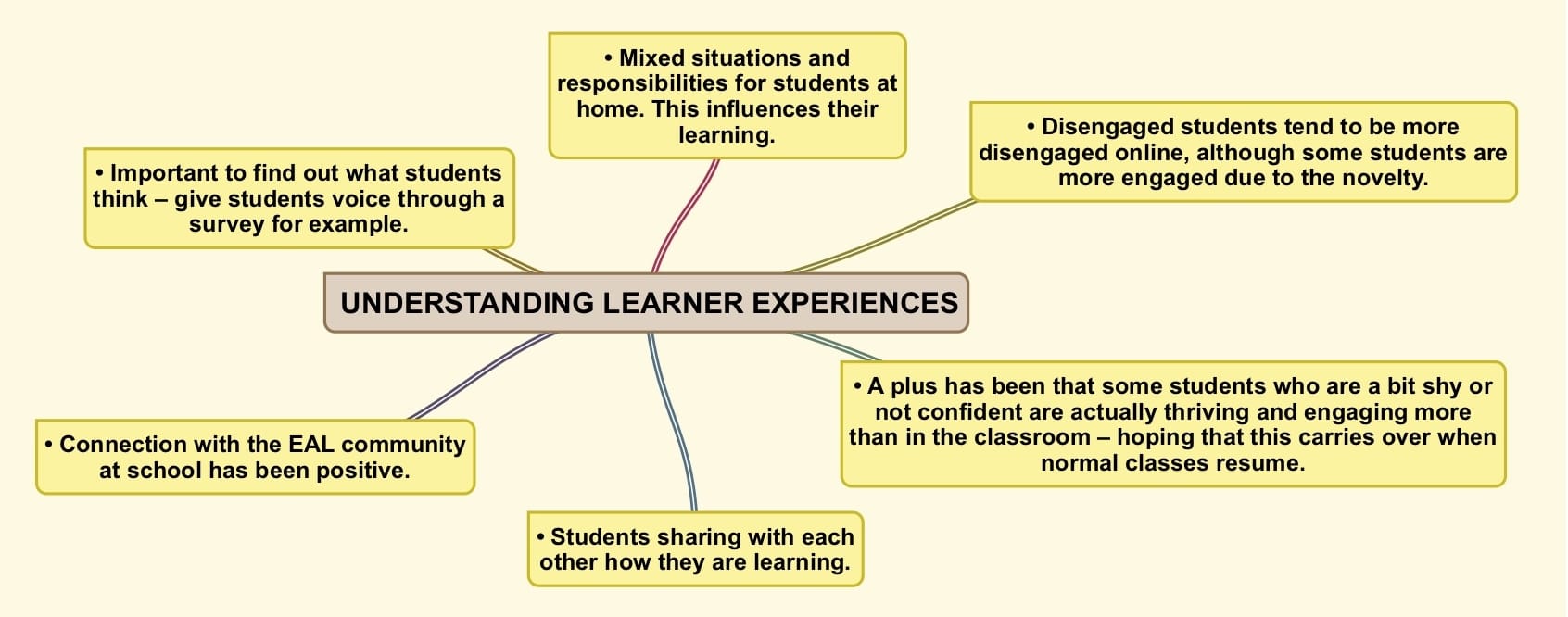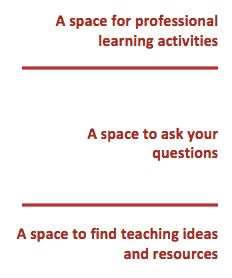This session was a practical workshop to assist teachers to modify programs and scaffold learning to assist EAL students to access the Victorian Curriculum across all subject areas. Participants learnt about engaging EAL learners, scaffolding essential vocabulary and making appropriate modifications to learning and assessment tasks.
The session began with a short presentation from Ruth Hibburt. The presentation focused on the ‘nuts and bolts’ of differentiation. The powerpoint presentation is available above. A recording of the presentation will be available shortly.
This presentation was followed by expert teachers from GELC working with participants in small groups to guide them through making appropriate adjustments to a work sample for their EAL learners. Participants were asked to send in a work sample such as lesson plan, unit planner, assessment task or worksheet they are currently using or are planning to use in Term 3 so that GELC staff could formulate recommendations tailored specifically to participants’ needs. This part of the session was not recorded.
This session was aimed at primary and secondary school teachers. Prior to this event, participants were asked to read pages 32-36 of the article ‘Catering for EAL/D Students’ Language Needs in Mainstream Classes: Early Childhood Teachers’ Perspectives and Practices in One Australian Setting’ (Toni Dobinson & Sylvia Buchori).
* Recommended reading: Dobinson, T. J., & Buchori, S. (2016). Catering for EAL/D Students’ Language Needs in Mainstream Classes: Early Childhood Teachers’ Perspectives and Practices in One Australian Setting.. Australian Journal of Teacher Education, 41(2).
Ruth Hibburt is a highly accomplished teacher with over 12 years experience teaching in Victorian Secondary Schools 7-12 and English Language Centres P-10. She specialises in teaching the academic language of Mathematics and Science through planning, engagement, curriculum development, assessment and reporting for EAL Maths and Science P-10. Ruth is a positive change maker in education and an expert in building skills and confidence with teachers and students. She has taught over 3000 students from a diverse range of social backgrounds and learning needs. Ruth currently works in Victorian schools as a Network Numeracy Improvement Teacher.
The GELC staff are all qualified specialist EAL teachers with many years experience in delivering English language programs. GELC programs develop the English language knowledge and skills for students to access the Victorian curriculum across a range of subjects areas including maths, science, humanities and ICT. GELC staff also work in a coaching and mentoring capacity with mainstream classroom teachers to scaffold learning appropriately to meet the needs of EAL students.
Here is a presentation by Premila Veerasamy and Hsah Mu Hen Tun (Geelong English Language School) that covers some further content relating to the discussions from this professional learning event:
[gview file=”https://victesol-19e016.ingress-alpha.ewp.live/wp-content/uploads/VicTESOL-Webinar-23_06_2020-GELC-Premila-Veerasamy.pptx”]
